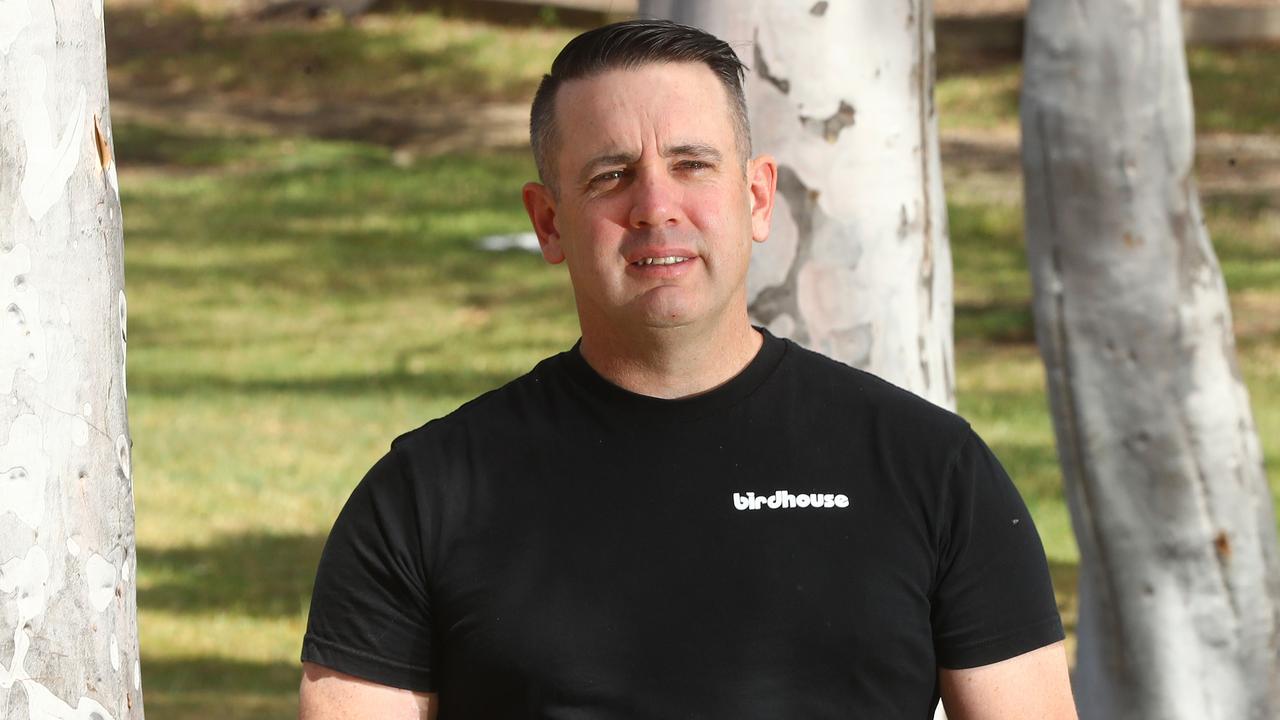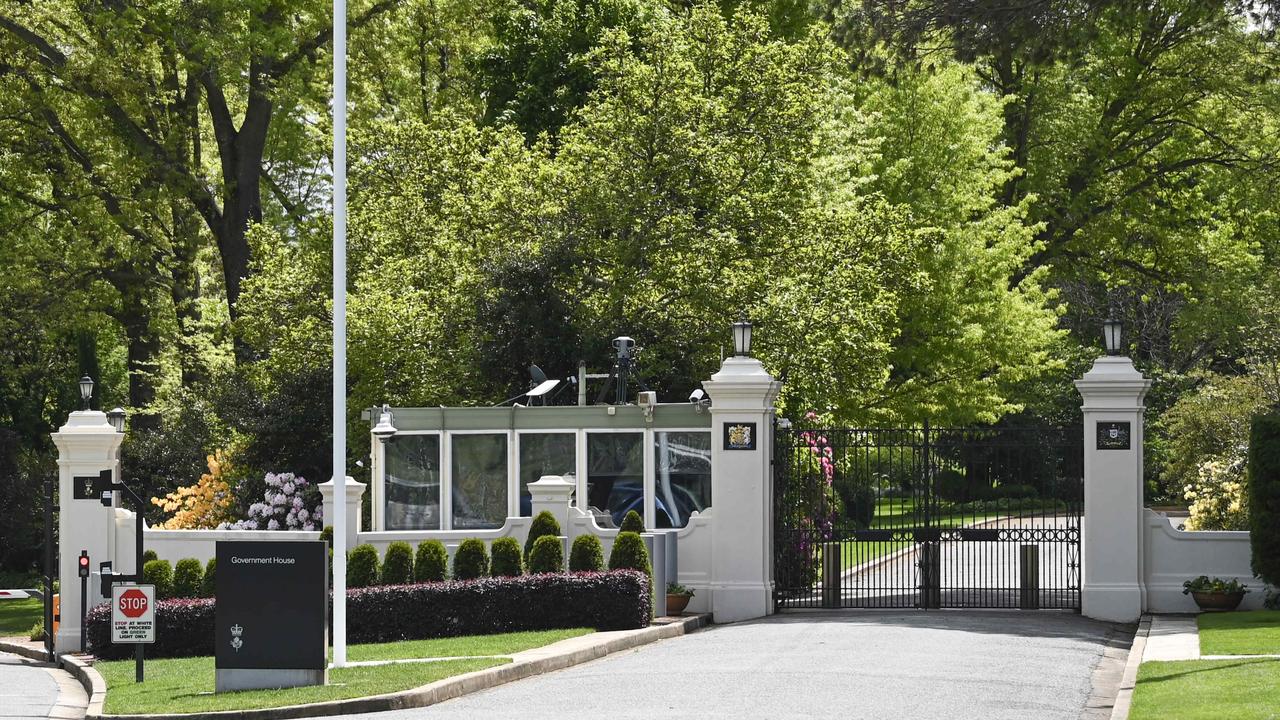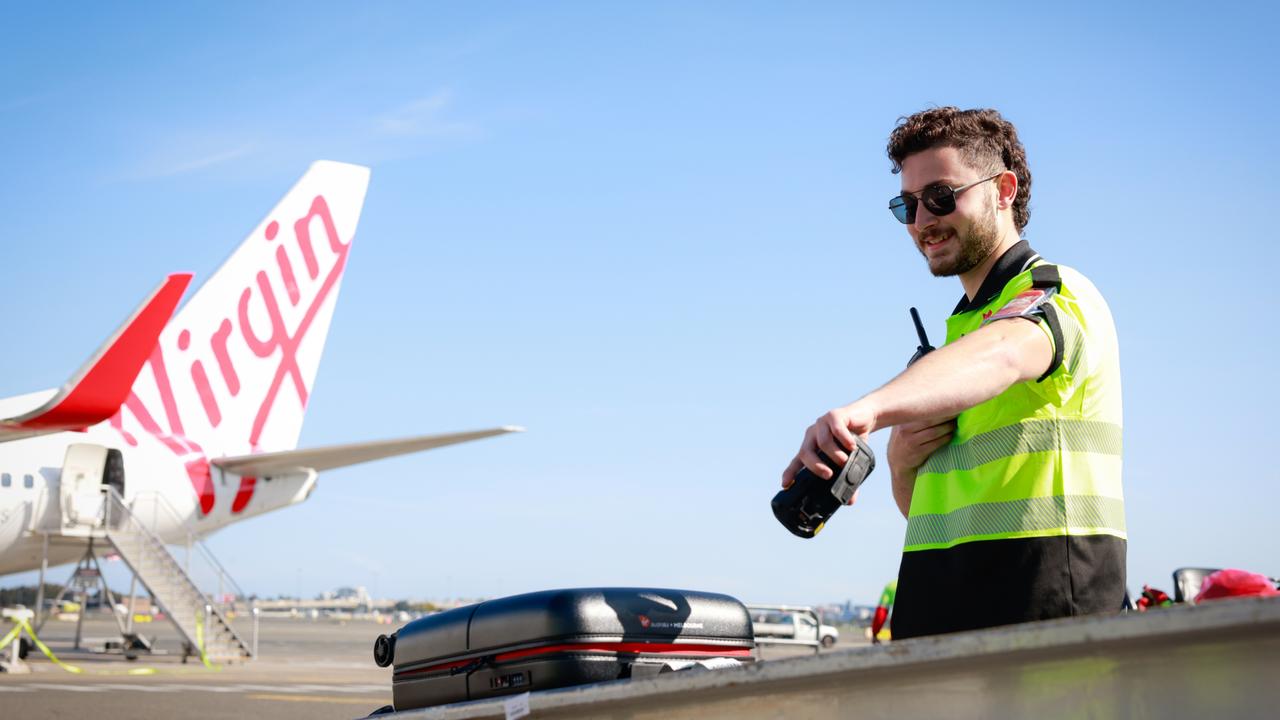Why a Voice to Parliament will benefit more than just Indigenous communities
A major change to Australia’s constitution that has been dubbed “woke” by some actually stands to benefit tens of millions of us.
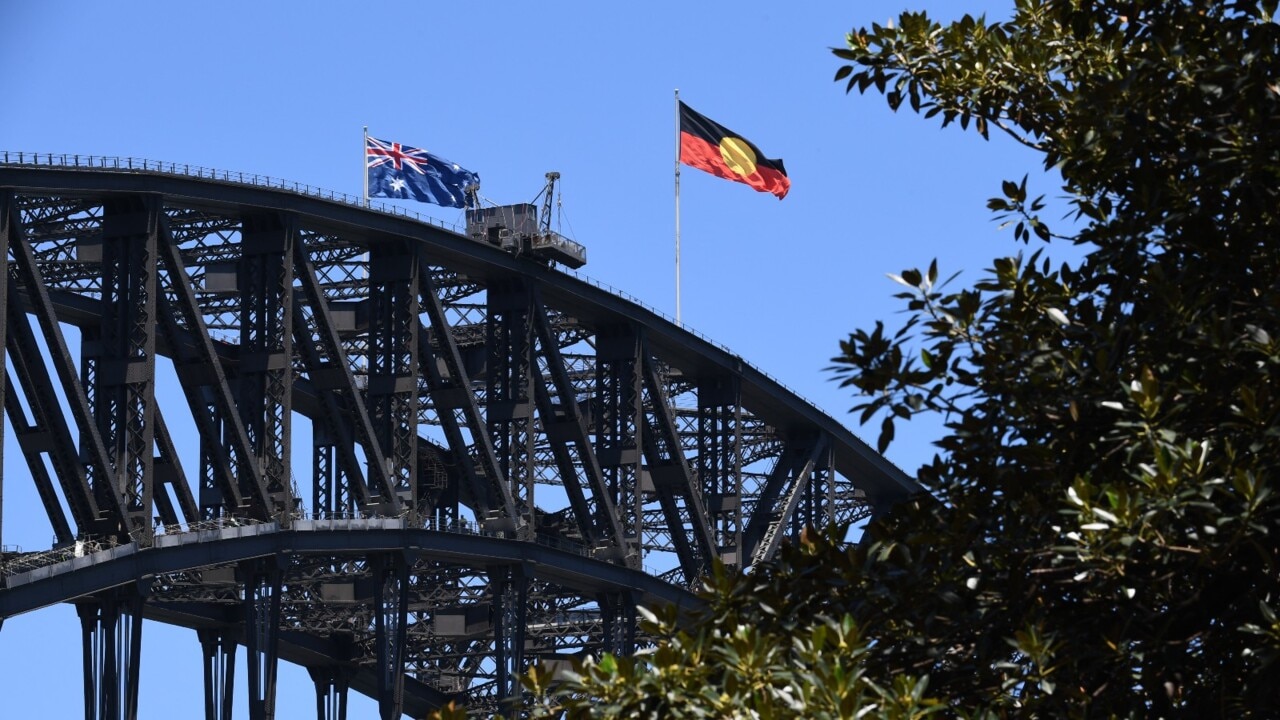
There has been much talk about how a Voice to Parliament will benefit Indigenous Australians. What is less known is that there are other groups of Australians who also stand to benefit.
For starters, if Indigenous community leaders are advising bureaucrats on how resources for their communities are best deployed on the ground — which programs work and which are a waste — then it is quite possible many government agencies could find themselves saving money that could be redeployed elsewhere.
Many years ago a reporter doing a deep dive into the disadvantage at Wilcannia noted that there was a plethora of government and NGO services, it’s just that none seemed to be fixing the disadvantage.
Many were offering the same thing and most were deployed from afar. Just imagine the efficiency and effectiveness of these resources if community leaders on the ground were directing them. It would be an economic rationalist’s dream.
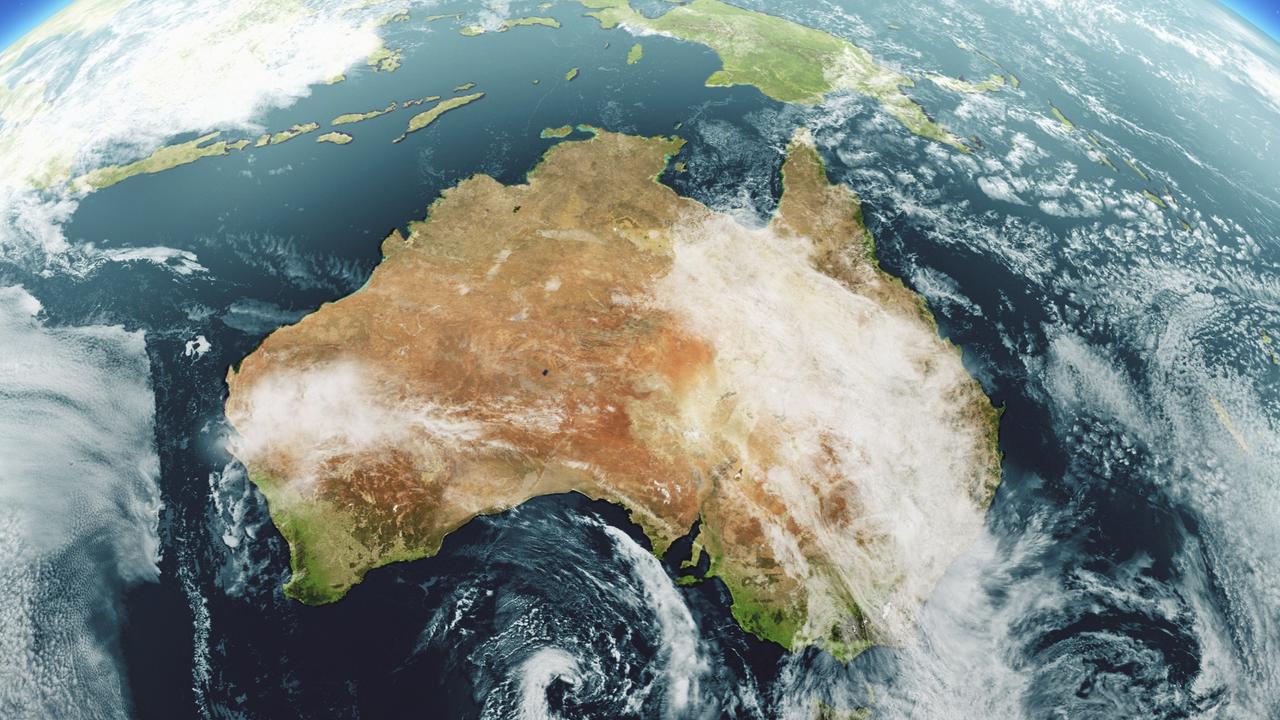
Emergency services could also benefit. As we were reminded during the 2019-20 bushfire season, First Nations peoples have been successfully managing the landscape for tens of thousands of years. If they were consulted on land management and hazard reduction we might be able to reduce the impact and intensity of our bushfires.
This would save lives and property and bring down costs for homeowners and insurers alike. What a great boost for the housing market and the prudential financial sector.
And of course we all know our hospitals are overstretched due to Covid-19 and we need to ease pressure on the health system. As it happens Indigenous people are more than twice as likely as non-indigenous people to be hospitalised — and die on average eight years earlier.
If we can achieve better health outcomes by having Indigenous people advise the government on what public health messages work, and where prevention and early intervention can most benefit, we could substantially reduce the strain on our hospitals. And that means shorter waiting times and more available beds.
As for that massive welfare bill, it desperately needs to be slashed. And what better way than to ensure Indigenous people, so overrepresented in the unemployment statistics, have pathways to work charted by those who know them best instead of faceless bureaucrats in Canberra? This should whet the appetite of any budget razor gang.
Speaking of which, have you any idea how much it costs to keep someone in jail? According to a 2018 study by the Australian Institute of Criminology the average in 2015 was estimated to be $61,179 per prisoner or $391.18 per prisoner per day.
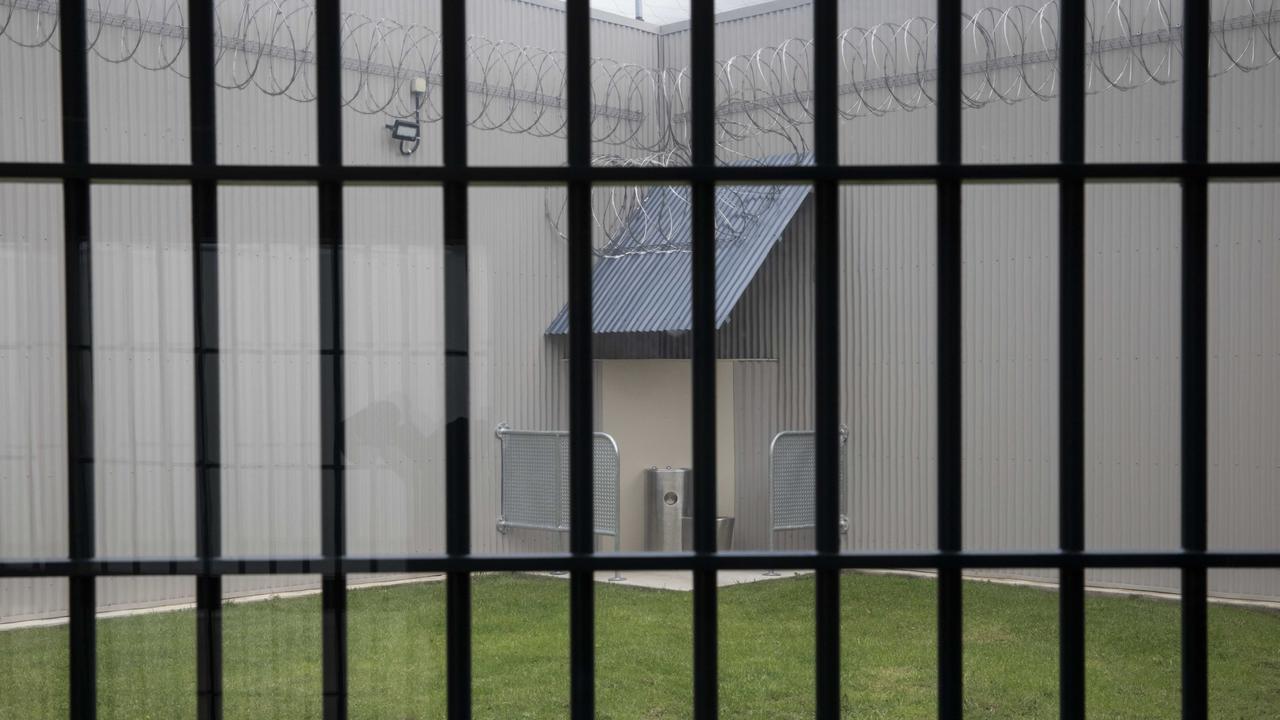
And given we know that Indigenous incarceration rates are stratospherically higher than the rest of the population just think of the money we could save via community-led strategies to keep them out, either by reducing crime rates or more effective diversionary programs.
Will it work? Who knows — but we should probably ask the people who know best. Them.
One thing we know works is early childhood education and thank sweet Jesus NSW and Victoria are now going to make pre-school free and accessible for all. This is a generational gamechanger but how do we make sure that kids in Indigenous communities take full advantage of this?
I’m no professor but I would suggest maybe by making sure the people in those communities have a say in how and where it is rolled out and a role in making families aware of it. Almost like giving them, I dunno, a Voice or something.
Because that is the whole point and purpose of the Voice: To be a sensible sounding board for politicians and other policymakers struggling to navigate issues they might otherwise know little or nothing about. And issues that are at the very heart of our national identity.
Sceptics worry that it will be an all-powerful third chamber of parliament but that is, with the greatest respect, bulls**t. It will have no power of veto nor any binding power whatsoever. It will simply offer advice, just like any cardigan-wearing bureaucrat but probably smarter.
Other sceptics claim, perhaps paradoxically, that it will merely be a feelgood exercise in symbolic virtue signalling. That too, with the greatest respect, is bulls**t. The whole point of the Voice is that it ensures any symbolic recognition given to First Nations people is accompanied by practical solutions to the disadvantage they suffer.
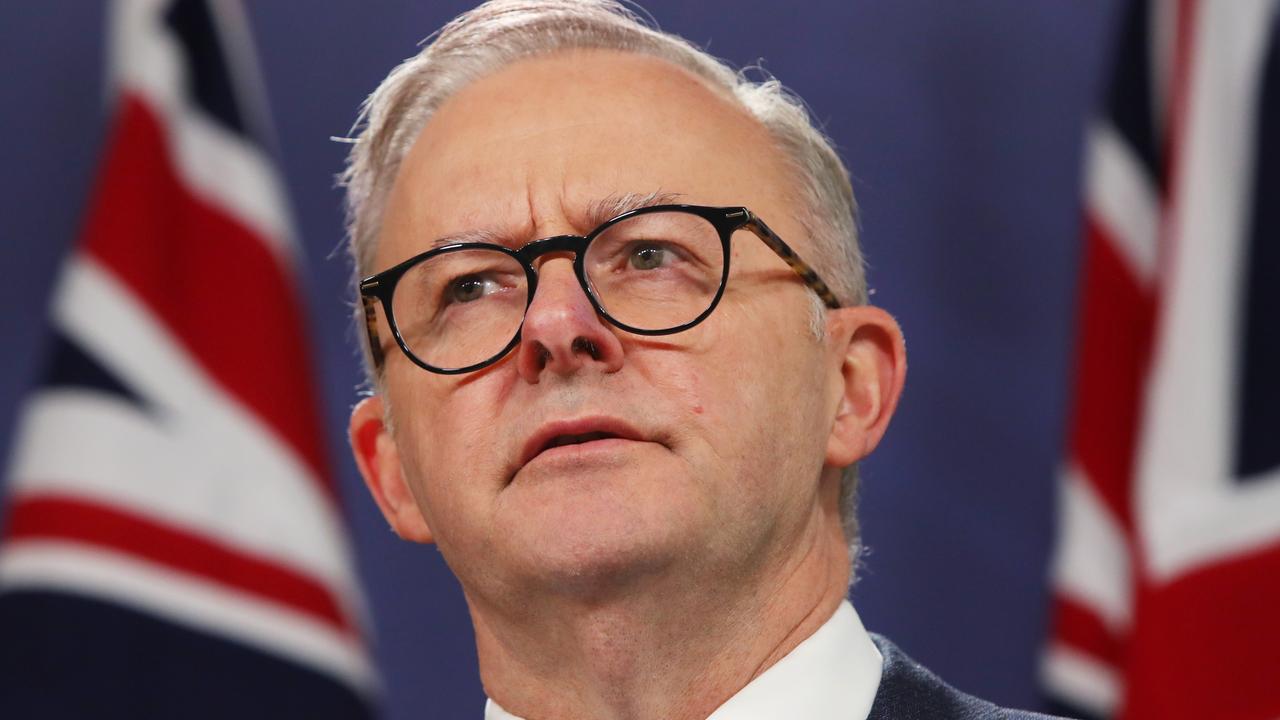
Anyone who has read or heard anything I have written or said knows how much time I have for symbolic virtue signalling. It is a number less than zero.
And that is the magic of the Voice’s ambition. It is clear-eyed, big-hearted and hard-headed.
But most importantly it is something that needs to be voted upon in a referendum so it can be enshrined in our constitution. Not because it is something that needs to be set in stone, but because it is something that all of Australia needs to unite behind and agree upon.
For there is one group of people that stands to benefit from the Voice perhaps even more than Indigenous people themselves.
All of us.


